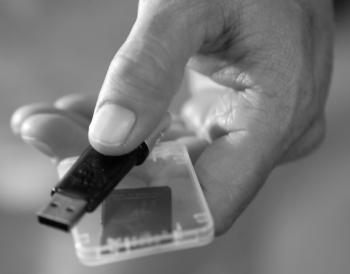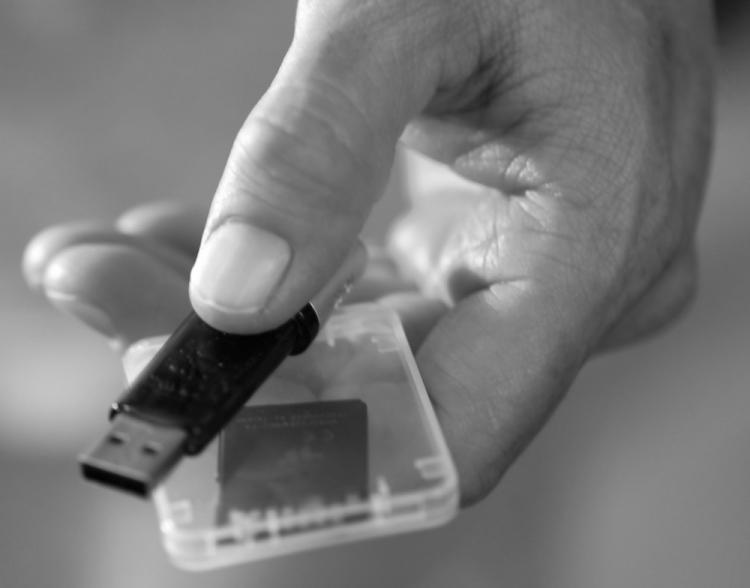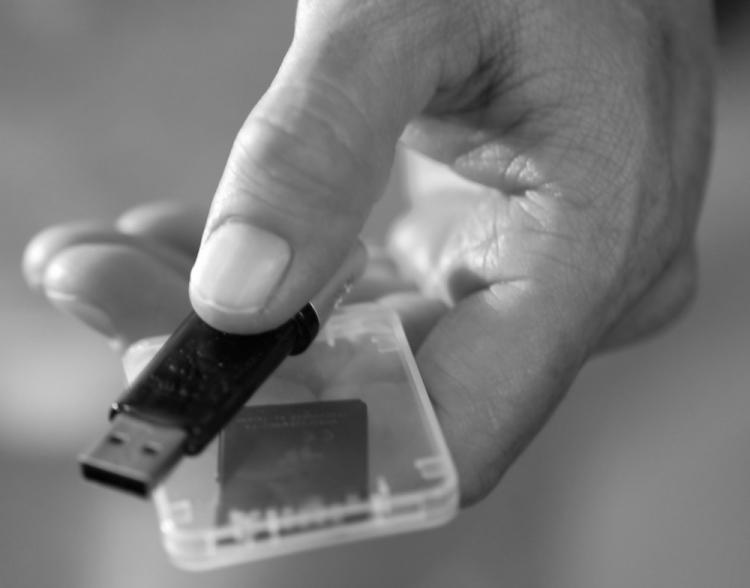The student informant and spy system is strong in China, according to recent documents and reports.
“Chinese educators and Communist Party officials are expanding the Student Informant System to a growing number of Chinese universities, colleges, vocational institutes, and lower level schools,” the CIA reported in Nov. 2010.
“Students designated as student-informant,” says the CIA, “engage in political spying on both professors and fellow students and denounce professors and students for politically subversive or unconventional views.”
Yang Shiqun, professor at the East China University of Politics and Law in Shanghai found himself under investigation in November 2008, when two students denounced him as “counter-revolutionary,” to the authorities. Yang had criticized the government in his Chinese classics class. The incident was widely discussed in print and online media.
Xia Yeliang, professor at Beijing University’s Institute of Economics, posted on Twitter on Nov. 5, 2010, about students reporting him to authorities as “anti-party and anti-socialist,” for comments he made in his class. His ordeal was reported by Voice of America (VOA) on Nov. 11.
Recently, a notice to student informants in South China University of Technology was exposed online. Sparking debate was the notice attached, listing 598 student informants.
School authorities hold regular meetings to boost the informants’ morale. For instance, 11 students were named “The Most Outstanding Student Informants” and another 35 were named “Excellent Student Informants,” during a work meeting for student informants held in Guangzhou Auto College of South China University of Technology on Oct. 14, according to a notice published on South China University of Technology’s website on Oct. 20, 2010.
Ubiquitous Monitoring
Student-informants also keep an eye on foreigners. An American who taught in a Chinese university told the VOA that her students often asked for her opinions about issues such as Taiwan Independence and Tibet Independence. Though some students asked her questions out of curiosity, other questions made her feel uncomfortable, she said. Some would profess sympathies with pro-Tibetan independence, and goad her into sharing those views, but when in the schoolyard among their peers say the exact opposite.
Prominent U.S. based political and economic commentator on China affairs, He Qinglian, in an article titled “Today, Are You Being Watched by An Informant?” notes the earliest report on student informants can be traced to Shanghai Normal University’s publishing of “Informants’ function and responsibilities for Shanghai Normal University” on May 21, 2002.
The informant system became widely established in the second half of 2005 when many Chinese Universities tried to recruit student informants and published informants’ working rules via the Internet .
The Xi'an University of Technology, promoted by the Shanxi Province Education Department and Public Security Bureau as “The Safe and Peaceful University of Shanxi Province,” has 2,627 student informants, among its 23,404 students, according to He’s article. This implies one of ten students in the campus is an informant.
Next: CIA report states
Expanding Networks
The CIA report states that the SIS has expanded into lower-tier universities and also middle and high schools. Legal Daily reported one such case on March 17, 2010: the Kunming City Education Department and Public Security Bureau sent notice to schools in Kunming and demanded each class have two to three informants.
“Students have had their scholarships revoked and their academic records penalized because of information provided by student informants that is sometimes highly subjective, such as facial expressions,” the CIA report says.
Student Informant System (SIS) allows informants to submit reports based on rumors, without being responsible for the authenticity of a piece of information, says Ms. He.
Destructive
Snitching and thereby incriminating someone can be most destructive and degrading, says Ms. He.
“One cannot help but ask: does this regime have any sense of responsibility for China’s future or the Chinese people’s future?” she wrote in another article titled “An Analysis of Student Informant System in Universities.”
“Perhaps nowhere in the world can you find a country like China, where it turns the university campus, supposed to impart knowledge and educate people, into a place where spies work actively,” Ms. He said.
[email protected]




